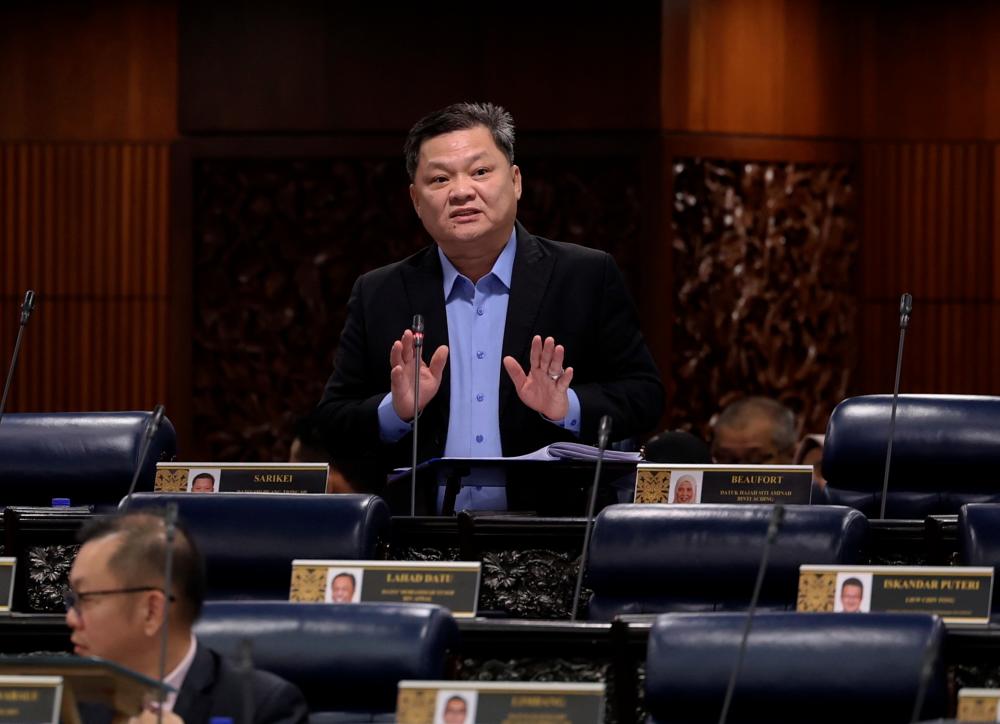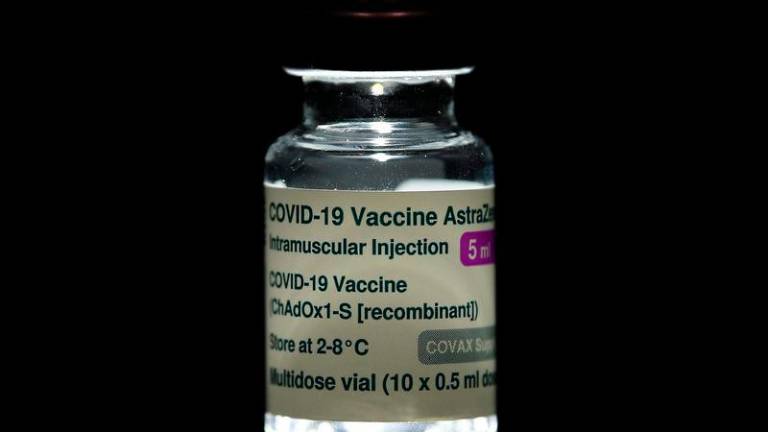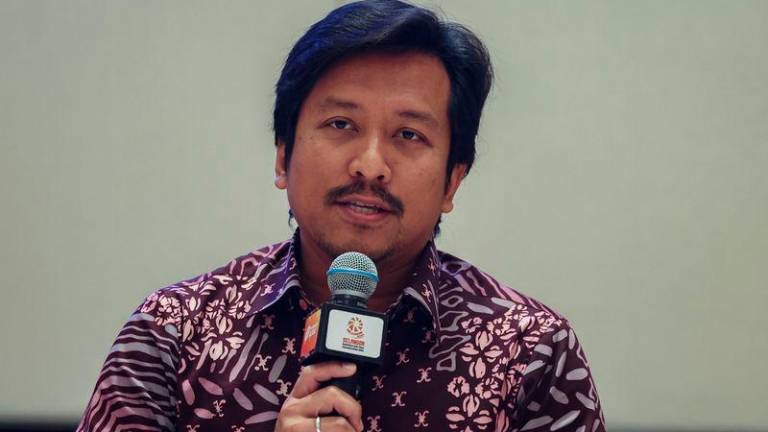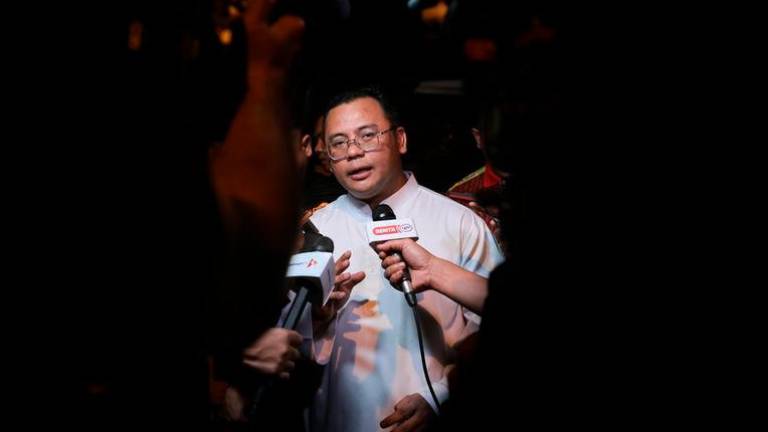KUALA LUMPUR: About 39,895 kilometres (km) out of 135,975 km or 29.3 per cent of the old asbestos cement pipes in peninsular Malaysia and Labuan have exceeded their design operational lifespan, the Dewan Rakyat was told today.
Deputy Natural Resources, Environment and Climate Change Minister Datuk Seri Huang Tiong Sii (pix) said that these old pipes were installed 30 to 50 years ago and were a major contributor to the high rate of non-revenue water (NRW).
“In general, the high NRW rates are mainly due to leaks in the connecting pipes and old pipes in the distribution system, especially asbestos cement pipes. The distribution system pipes in peninsular Malaysia and Labuan are made of asbestos cement.
“The NRW rate of 37.2 per cent in 2022 resulted in a daily waste of treated water of 7,084 million litres with an estimated annual loss of RM2 billion to water operators,” he said during question time.
Huang was replying to a supplementary question from Jimmy Puah Wee Tse (PH-Tebrau) who asked about the factors contributing to the NRW issue, whether it was due to leaking pipes or water theft by irresponsible parties.
Huang said the federal government is committed to supporting state water operators in the comprehensive and continuous reduction of NRW, including the implementation of the National NRW Reduction Programme approved in the 11th Malaysia Plan (11MP) and continued under the 12MP.
Responding to the original question from Datuk Dr Ku Abd Rahman Ku Ismail (PN-Kubang Pasu) on the government’s efforts to reduce the high levels of NRW in several states, Huang said a total of RM1.9 billion had been allocated for the programme through two approaches.
The first approach involves the provision of a RM535.4 million grant to build basic infrastructure to accurately measure NRW rates in Kelantan, Pahang, Kedah, Perlis, Sabah and Sarawak which have NRW rates of 40 per cent and above.
He said the second approach is through matching grants with an allocation of RM1.37 billion and will involve states with NRW ratios below 40 per cent, namely Terengganu, Selangor, Johor, Perak, Penang, Negeri Sembilan and Melaka.
“If the set NRW targets can be achieved, the federal government will fund 50 to 75 per cent of the annual expenditure for the work to reduce the NRW ratio,“ he said. -Bernama










